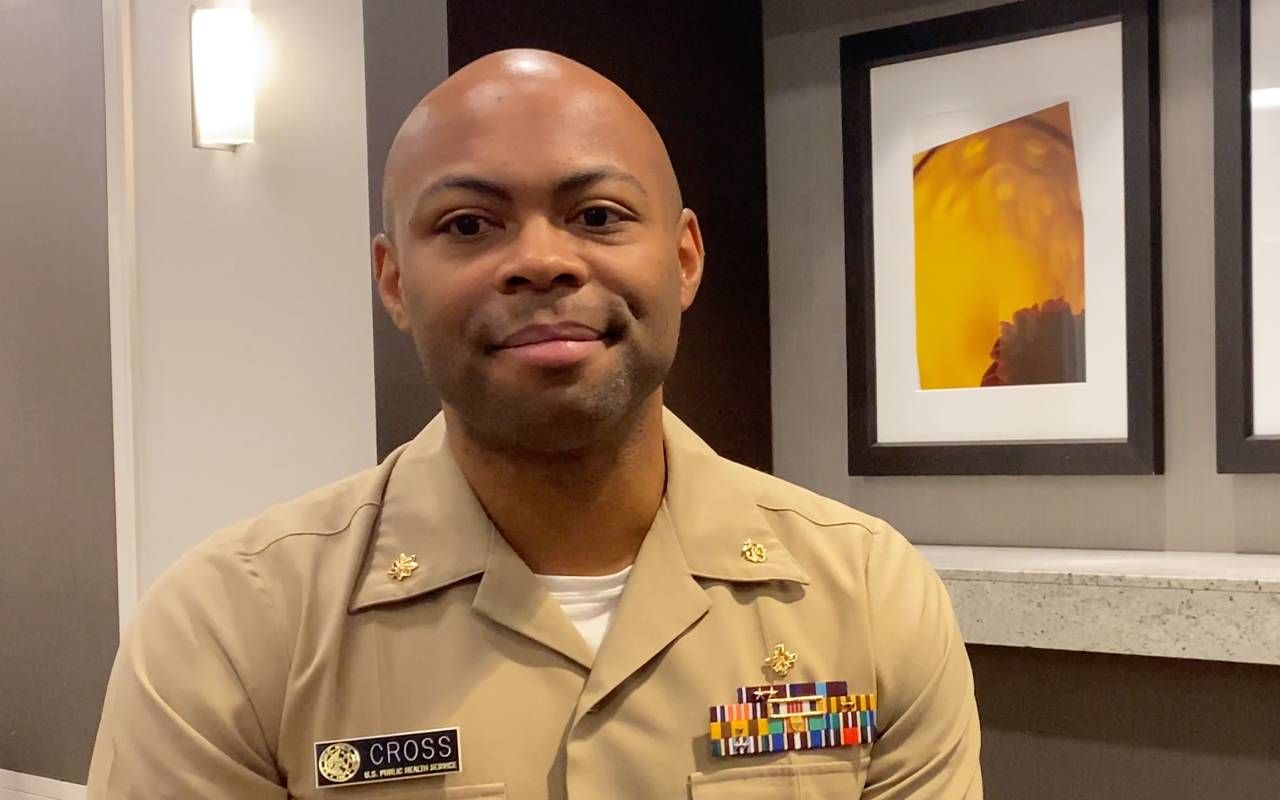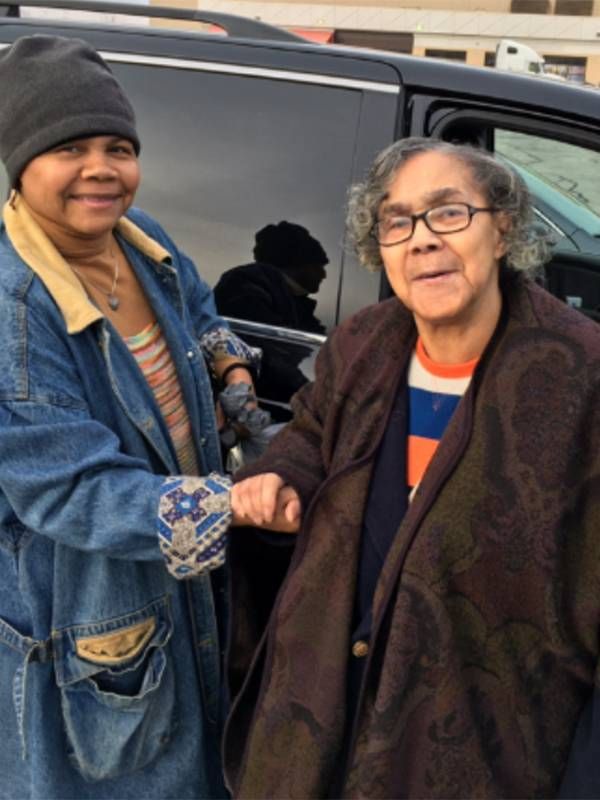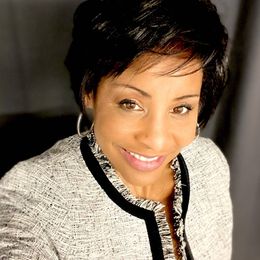The Loss of His Grandmother Inspires a Gerontologist's Mission
His grandmother's rapid decline in a nursing home, due to the effects of a UTI and pressure sores, saddened him and spurred him on to action
"It's challenging to be a gerontologist and also be a caregiver. It is one thing to study, but when it's in your backyard, it is a lot different than reading words." That realization motivates 39-year-old Israel Cross, Health Resources and Services Administration (HRSA) Lieutenant Commander (LCDR).

Cross is a trained gerontologist and works as a project manager with HRSA, focusing on health I.T. His office serves under the arm of the U.S. Surgeon General. "Our mission is to protect, promote and advance the health and safety of the nation," Cross explains. "We deploy for natural disasters and humanitarian crises. Serving vulnerable populations is what we do."
"I found this to be quite an arduous journey, full of red tape."
A husband and father, Cross earned his doctorate from the University of Maryland. He has also spent seven years as a family caregiver, first to his grandmother and now to his mother. Despite his professional training, he says the role of family caregiver has been eye-opening and somewhat terrifying.
"I always felt like if I encountered problems with aging family members, I would be able to fully control the provision of care and directly intervene on the progression of their health condition," he says. "In reality, I found this to be quite an arduous journey, full of red tape."
Capturing a Caregiver's Story
I met LCDR Cross while attending the 2023 American Society on Aging Conference in March of this year. Amid dozens of other professionals dressed in business attire, Cross commanded attention, wearing an impeccably pressed light brown uniform. He was military, but what branch?
"Some of her personality issues were because she developed Urinary Tract Infections (UTIs)."
I asked LCDR Cross what brought him to an aging conference without knowing his credentials. He told me about his professional journey within the health field. Choking up and almost coming to tears, he shared the pain and angst of having cared for and then losing his 87-year-old grandmother, Helen. She died in April 2020.
"After my family reached the end of our ability to take care of her, we looked for suitable nursing homes for her to receive dementia care," says Cross. He says his grandmother was moved between several facilities and, in some instances, kicked out of others because of "personality issues."
But he says not all of his grandmother's challenges were dementia-related. "Some of her personality issues were because she developed Urinary Tract Infections (UTI's)," he explained. "Had those simple things not happened, she probably would have been in three less nursing homes."
According to the National Institutes for Health, symptoms of UTIs often appear as delirium or confusion in older patients. Additional medical complications can also develop.
Living With Guilt and Grief
Cross described his grandmother as a woman who never gave up and loved to joke. He recalled the last movie they saw together, a Tyler Perry comedy. He told me it breaks his heart knowing his grandmother could walk, on her own, into a care facility. Her decline soon followed.
"In addition to the dementia she lost the ability to walk, or ambulate. But she came in walking fine. It was just a dementia issue," he says, adding he believes her death could have been prevented.

"She passed from other complications due to dementia. She developed three stage-four pressure ulcers, and one unstageable," he notes.
Cross says the pressure ulcers, which ultimately led to the increased decline, could have been avoided with a few simple routine safety procedures; precautions he believes were not happening during his grandmother's care.
"Usually when people talk about pressure sores, they talk about nursing homes only, but there are also hospital-acquired ones and it doesn't take long to develop them," he explains.
A Call To Action
Cross says the first step is greater awareness of the prominence and dangers of pressure sores and urinary tract infections (UTIs) and knowing how to take preventative measures.
1. Repositioning: Cross explains frail individuals are especially at risk, with sores likely developing on bony prominences, such as the coccyx3, often referred to as the tailbone. Cross says being repositioned every two hours is vital for those with limited mobility or who are immobile. He says families must be advocates for their loved ones and be aware of this need.
2. Moisture: Sores can develop in places we typically aren't looking, like feet and locations with moisture.
Cross is raising his voice and using his I.T. and health training to help others.
"If there's moisture and if you haven't been repositioned every two hours, these things can pop up anywhere. And when people are institutionalized or in acute care settings, [the staff] is focused on the main reason for admission. Yet these totally preventable things, like pressure sores, come up. You can then develop sepsis or infections, which is very debilitating."
3. Advocacy: "When taking care of your loved ones in institutional care settings, staff need to know who you are," stresses Cross. "Show them you care, even if it's just brushing your grandmother's hair and styling it. Visit often and vary the time of the day/week you visit. Even though the hospital staff is supposed to be your advocate, sometimes you find they are understaffed, and it's hard for them to take care of your loved one."
Cross also encourages people to ask the facility about their staffing to patient ratio.
On a Mission
Cross is raising his voice and using his I.T. and health training to help others. He's now working to develop a tech solution, a device to alert professional or family care teams when it is time to reposition someone in their bed. He hopes to have a working prototype by the end of the year.
He is haunted by his grandmother's death, describing it as "a scab" he continues to pick. Educating others and finding solutions offers some measure of relief.
"My focus is to help people manage their own care and care for their loved one," Cross says. "Being a gerontologist, my grandmother's Power of Attorney, and her grandson and having that happen on my watch? I still hold the weight of that today."


